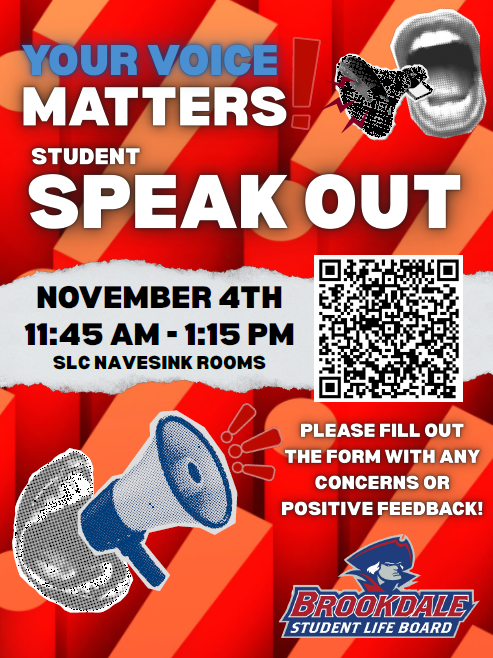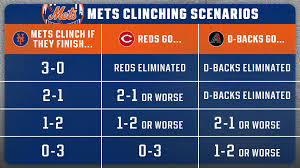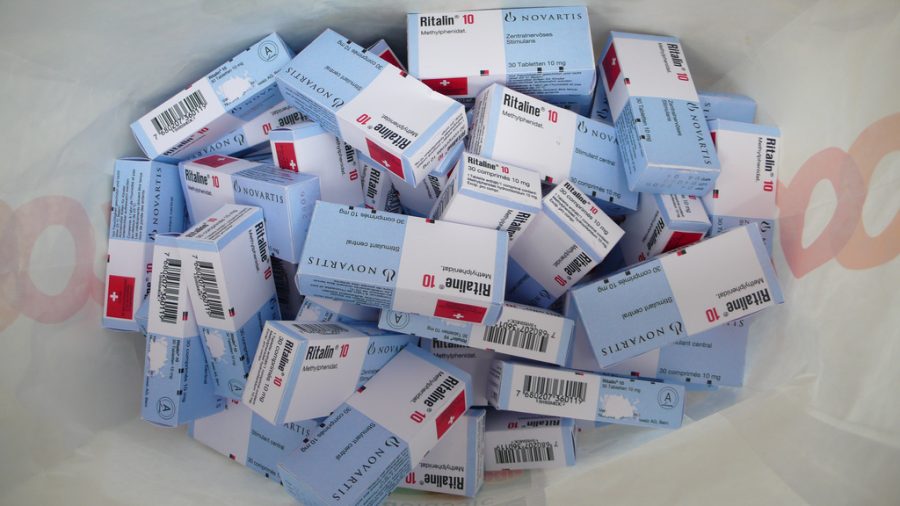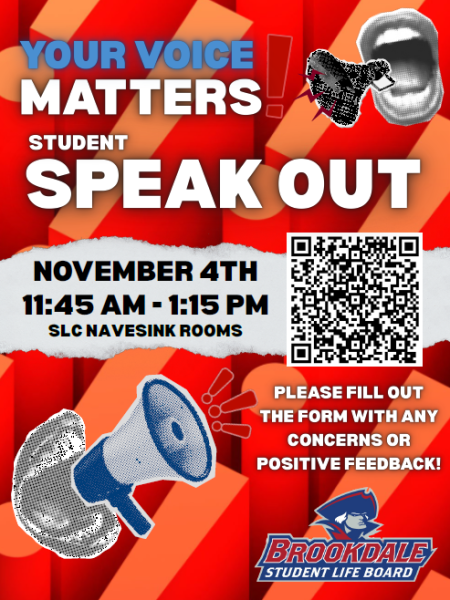SMTWThFSa
SMTWThFSa. Don’t forget to take your pills. The Netflix original documentary “Take Your Pills” is a deep dive into a secondary crisis. Put away that peer-reviewed ethics article on the opioid crisis, I’m recommending a random documentary about Adderall.
Specifically, the documentary is about amphetamine (Adderall) and methylphenidate (Ritalin) over time, how it was developed and why it’s abused. Both are used to treat Attention Deficit Disorder (ADD).
These drugs are abused by college students, professional athletes, and people who work in intensive, high-detail work like finance and computer science. This is not to say that these drugs can’t be abused by other people, but rather that the documentary focuses on these four groups the most.
College students take it to study and take exams, professional athletes take them to stay on top of their games. Computer science and finance workers take it to work longer hours, and maintain the level of concentration necessary to keep the quality up.
The documentary provides an example of a finance employee who wants to obtain Adderall. He asks around and finds the name of a doctor who is willing to prescribe it without due process.
Once the doctor checks that the finance employee is just that, went to a good school and such, the doctor writes a prescription. A different person in the same situation would be denied the prescription, what do you think the difference is?
An interesting ethical issue that the documentary poses is whether stimulants like Adderall and Ritalin are immoral. If drinking coffee in the morning to stay awake is immoral, then so is splashing your face with dihydrogen monoxide to get the sleep out of your eyes. Rich families can afford SAT tutors, shouldn’t impoverished families have access to stimulants? The question is, how do we keep an even playing field in an open market?
Currently both Adderall and Ritalin are prescription drugs. This means that access is exclusive, and the gatekeepers are physicians who want to make sure that their prescriptions aren’t abused.
Stimulants are a billion dollar industry, and “Take Your Pills” seeks to inform viewers about the abusers, the drugs, the industry and provides a number of short case studies to do so.
After the credits roll and you get up to take that much-needed bathroom break, what it ought to make you wonder is how to avoid the issue in your own life. You should be able to empathize with the addicts and the people using it to get through the day.
The documentary proved perspectives from within the doctor’s office, the dorm, behind the keyboard and in front of the canvas. Microdosing and psychedelics and Fred Astaire and the Simpsons too. It’s an excellent documentary, and I fully recommend it to anyone with a shadow of an interest in anything at all.



























